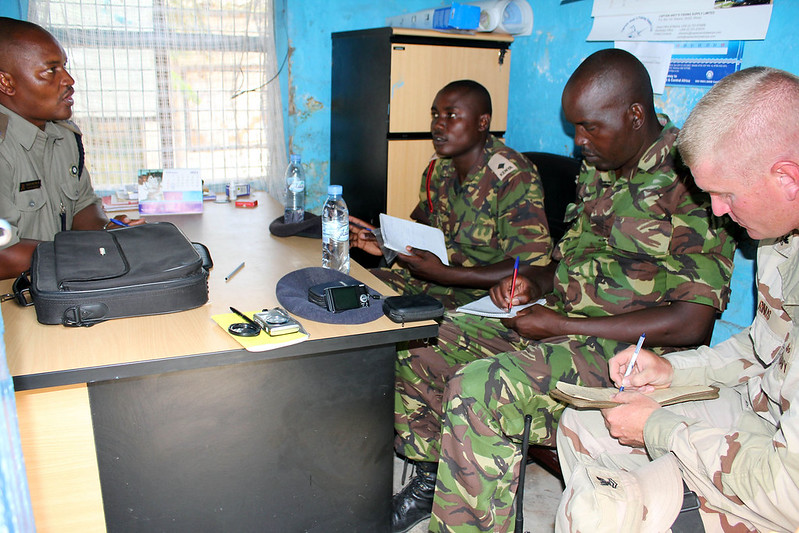Inherent in contemporary understandings of capacity building is the idea that if a country possesses the right knowledge and technology then it will be able to handle the challenges associated with the Sustainable Development Goals. In consequence, much emphasis of capacity building work is on transferring technology and knowledge to least developed countries. Often, little thought goes into the question what the “right” or “appropriate” knowledge might be. The assumption is that knowledge (such as what functions a maritime security sector has to perform) is universal and can be easily transferred.
Somali pirates are back in action. A strong global response is needed
by Christian Bueger With the military escalation in the Red Sea caused by the Houthi attacks on merchant vessels and ongoing coercion by Iran, the Western Indian Ocean seems further away than ever from its self-declared goal to be a region of peace and prosperity. Growing maritime insecurity is also fed by the persistence of … Read more

